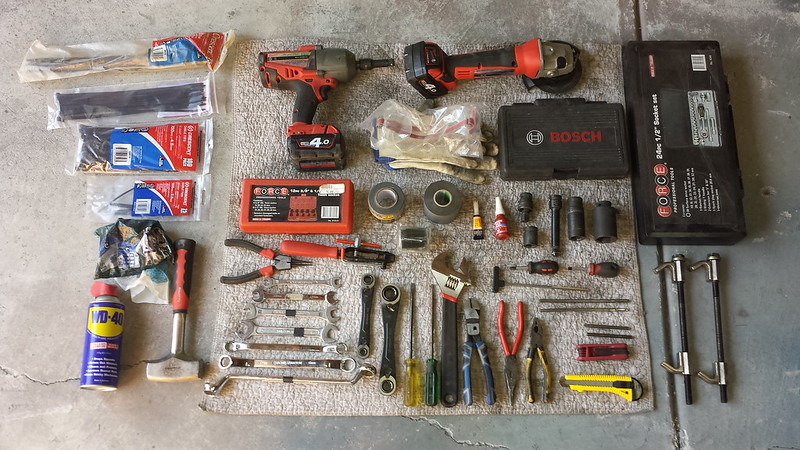Tweaksta
Senior Member
I'm in the process of planning a couple of weeks in the Australian desert....
I have a limited budget, what are my main priorities?
My road tyres are 70% worn and driver's front has an egg in it. I can only afford 5 x tyres (if I go AT), not 6.....meaning my 2nd spare will be wrong diameter.
I used to carry spare belts and filters but have now utilised them. Should I restock these items?
Things like spare pumps and sensors are simply too expensive. Has anyone REALLY needed one out in the middle of nowhere?
I already have all the straps, shackles and safety gear from previous trips....
What would YOUR priorities be?
I have a limited budget, what are my main priorities?
My road tyres are 70% worn and driver's front has an egg in it. I can only afford 5 x tyres (if I go AT), not 6.....meaning my 2nd spare will be wrong diameter.
I used to carry spare belts and filters but have now utilised them. Should I restock these items?
Things like spare pumps and sensors are simply too expensive. Has anyone REALLY needed one out in the middle of nowhere?
I already have all the straps, shackles and safety gear from previous trips....
What would YOUR priorities be?


